Deep Learning vs Traditional Breast Cancer Risk Models to Support Risk-Based Mammography Screening
Deep learning breast cancer risk models demonstrate improved accuracy compared to traditional risk models. This research highlights the …
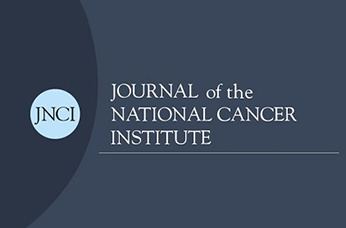
Deep learning breast cancer risk models demonstrate improved accuracy compared to traditional risk models. This research highlights the …
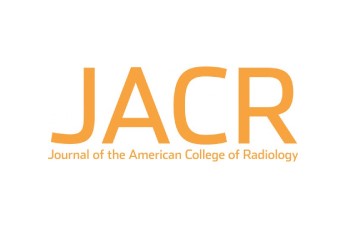
Accurate density assessments could help health care systems more appropriately use limited supplemental screening resources and help …
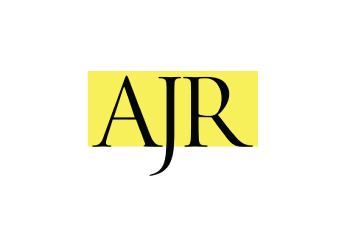
The COVID-19 pandemic took a toll on mammography screening volumes among women of color, slashing exam uptake by more than 50% between …
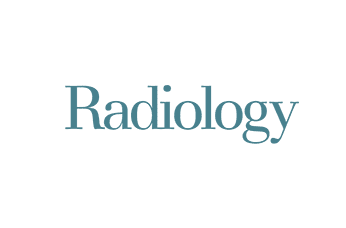
Inconsistency in density assessment of mammograms has been widely recognized for the potential to cause patient anxiety and result in …

Recent deep learning (DL) approaches have shown promise in improving sensitivity but have not addressed limitations in radiologist …

Deep learning models that use full-field mammograms yield substantially improved risk discrimination compared with the Tyrer-Cuzick …
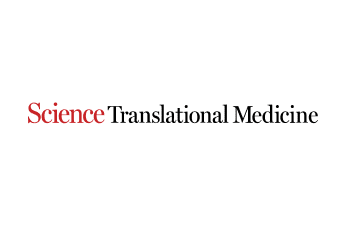
Improved breast cancer risk models enable targeted screening strategies that achieve earlier detection and less screening harm than …
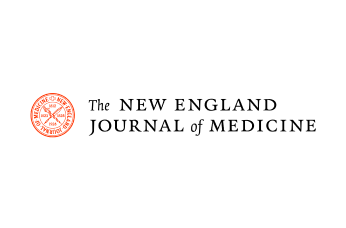
Physicians still lack consensus on the meaning of race. When the Journal took up the topic in 2003 with a debate about the role of race …